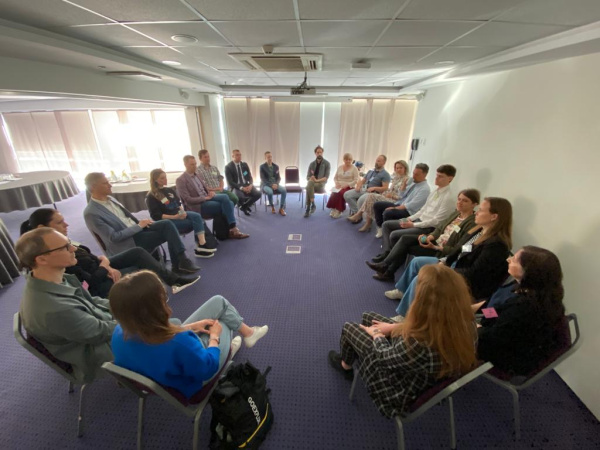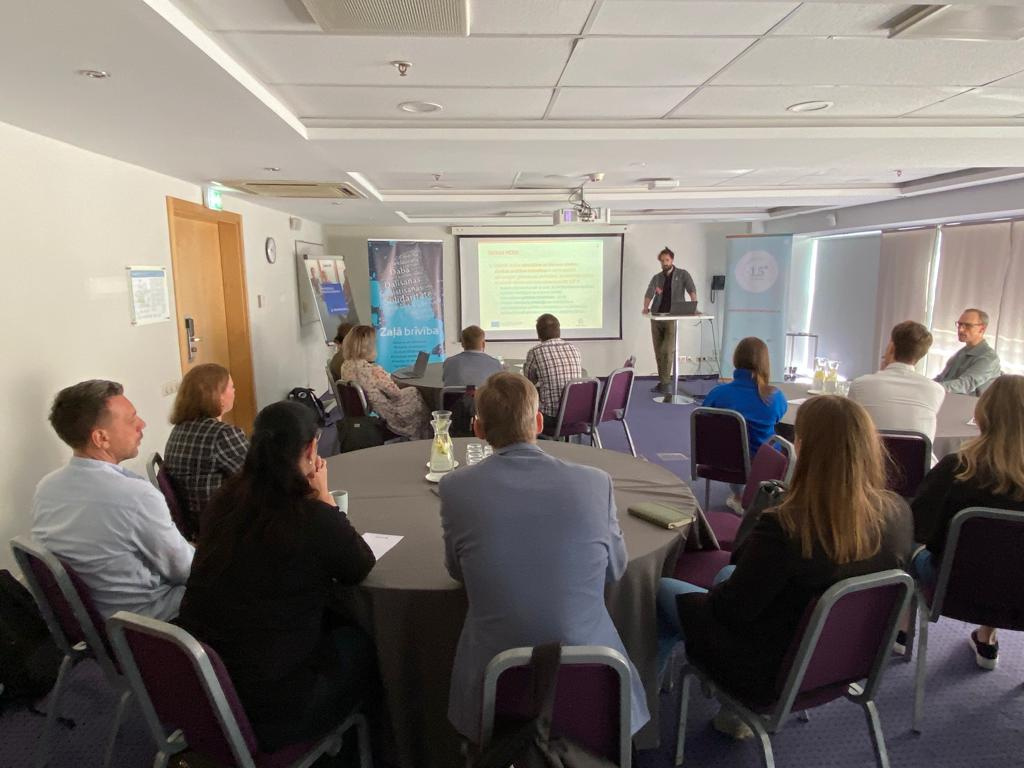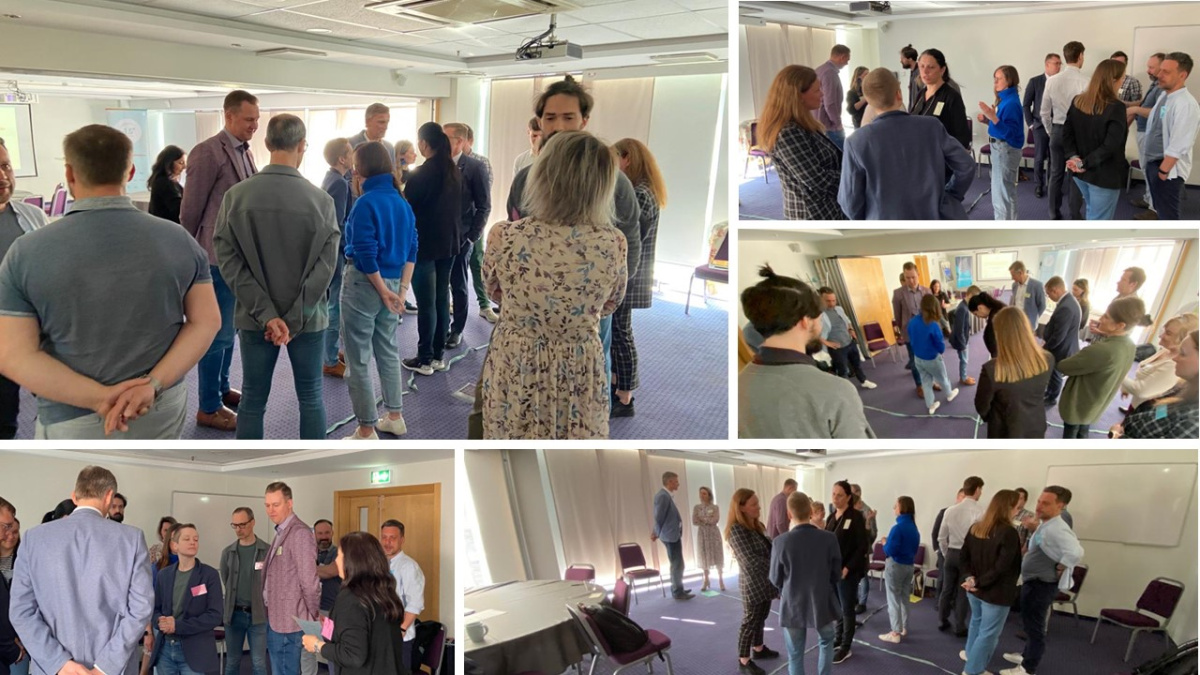
In an effort to assess the potential effects of lifestyle changes on economic and welfare systems, a Policy Delphi process was carried out in several European countries. This innovative approach gathered expert opinions through a series of workshops, aiming to evaluate the feasibility and desirability of welfare system policies and business models that align with 1.5-degree lifestyles. In this blog post, we will delve into the methodology, key findings, and the challenges associated with implementing these policies.
The Delphi Process: Methodology and Workshops
The Delphi process involved multiple rounds of expert evaluations conducted in Latvia, Germany, Hungary, and Spain with an upcoming session scheduled in Sweden in late August 2023. The primary objective was to gather insights from national experts regarding the link between climate policies and the resulting changes in business and welfare systems. The process consisted of three distinct phases:
Online Survey: The process commenced with an online survey conducted one week before the in-person workshop. This step allowed participants to provide preliminary input and opinions on proposed policy interventions.
In-person Workshop: The core of the Delphi process was an in-person workshop, where approximately 20 national experts from each country engaged in thorough discussions about proposed policy initiatives. Focus group discussions were held, supplemented by a second online survey, enabling experts to share their perspectives on the feasibility and desirability of the proposed policies.
Post-workshop Online Survey: A final online survey was conducted a week after the workshop, focusing on the evaluation of the proposed policy options. This step aimed to capture any shifts in opinions and gauge experts' perceptions of the effectiveness of the proposed policies.

Key Policy Initiatives
The Delphi method workshop examined six policy initiatives each for the welfare system and business models that support the transition to 1.5-degree lifestyles. Let's explore some of these initiatives:
Welfare System Policy Initiatives:
- Reduction of Working Hours: Advocating for shorter working hours to strike a balance between work and personal life while reducing carbon emissions.
- Job Guarantee: Ensuring employment opportunities for individuals while promoting sustainability-oriented work.
- Universal Basic Services: Offering access to essential services for all members of society, ensuring a baseline level of well-being.
- Renovation Program for Energy-Inefficient Buildings: Implementing a program to renovate and enhance the energy efficiency of buildings.
- Free Public Transport: Encouraging the use of public transportation by making it free, thus reducing private vehicle emissions.
- Income Ceilings: Setting limits on income levels to address income inequality and wealth distribution.
Business Model Policy Initiatives:
- State-Regulated High-Emission Choice Editing: Regulating and limiting choices that have high carbon footprints.
- Voluntary Choice Editing of High-Emission Products: Encouraging individuals and businesses to voluntarily avoid products with high carbon footprints.
- Direct or Indirect Public Subsidies for Low-Carbon Choices: Providing financial support or incentives to promote the adoption of low-carbon alternatives.
- Overseeing a Company Culture Based on Non-Financial Goals: Encouraging businesses to prioritize non-financial objectives, such as environmental sustainability and social responsibility.
- Public Procurement Only for Low-Carbon Products and Services: Promoting the use of low-carbon products and services through government procurement policies.
Key Findings and Challenges
The analysis of expert evaluations revealed that policy initiatives supporting 1.5-degree compatible business models received more support compared to welfare system policies. Voluntary choice editing and direct/indirect state subsidies for low-carbon choices were deemed the most desirable options. Conversely, policies such as higher taxes on resources and pollution were considered less desirable.
Experts identified housing retrofit as the most desirable policy initiative due to its practicality and effectiveness in improving energy efficiency. However, income ceilings were viewed as the least desirable, likely due to concerns about their potential impact on economic growth and individual freedoms.
There was a perceived division between welfare and climate fields, hindering the integration of these approaches and the development of cohesive strategies. Assumptions about work and consumption patterns heavily influenced support for different policies, highlighting the evolving nature of perspectives in addressing ecological and social challenges.
Certain policies faced barriers due to negative associations, such as income ceilings being linked to past Soviet totalitarian regime experienced in Latvia. Implementing new policies was met with hesitancy and a preference for maintaining the status quo, possibly due to fear of unknown outcomes and disruption of existing systems.

The icebreaker session at the start of the think tank affirmed the extensive diversity among participants. It involved voting on priority for two dilemma questions: "Do I feel optimistic or pessimistic about achieving a 1.5-degree lifestyle?" and "Who is the primary agent of change to achieve 1.5-degree lifestyles: the state or an individual?" Each participant selected a point on the provided scale between the two signs to position themselves and explained the reasoning behind their choice.
Conclusion
The Policy Delphi process conducted in multiple European countries shed light on the potential impacts of lifestyle changes on business models and welfare systems. Through expert evaluations and rigorous discussions, various policy initiatives were explored, ranging from welfare system reforms to business model transformations. The findings emphasized the need for systemic change, as well as the importance of disseminating research and addressing misconceptions to gain broader support for eco-social policies. By understanding the complexities and challenges involved, societies can work towards achieving a sustainable future that benefits both the environment and individuals' well-being.

Janis Brizga, Inga Belousa, Karlis Laksevics - Green Liberty
(Source of pictures: Green Liberty ©)

